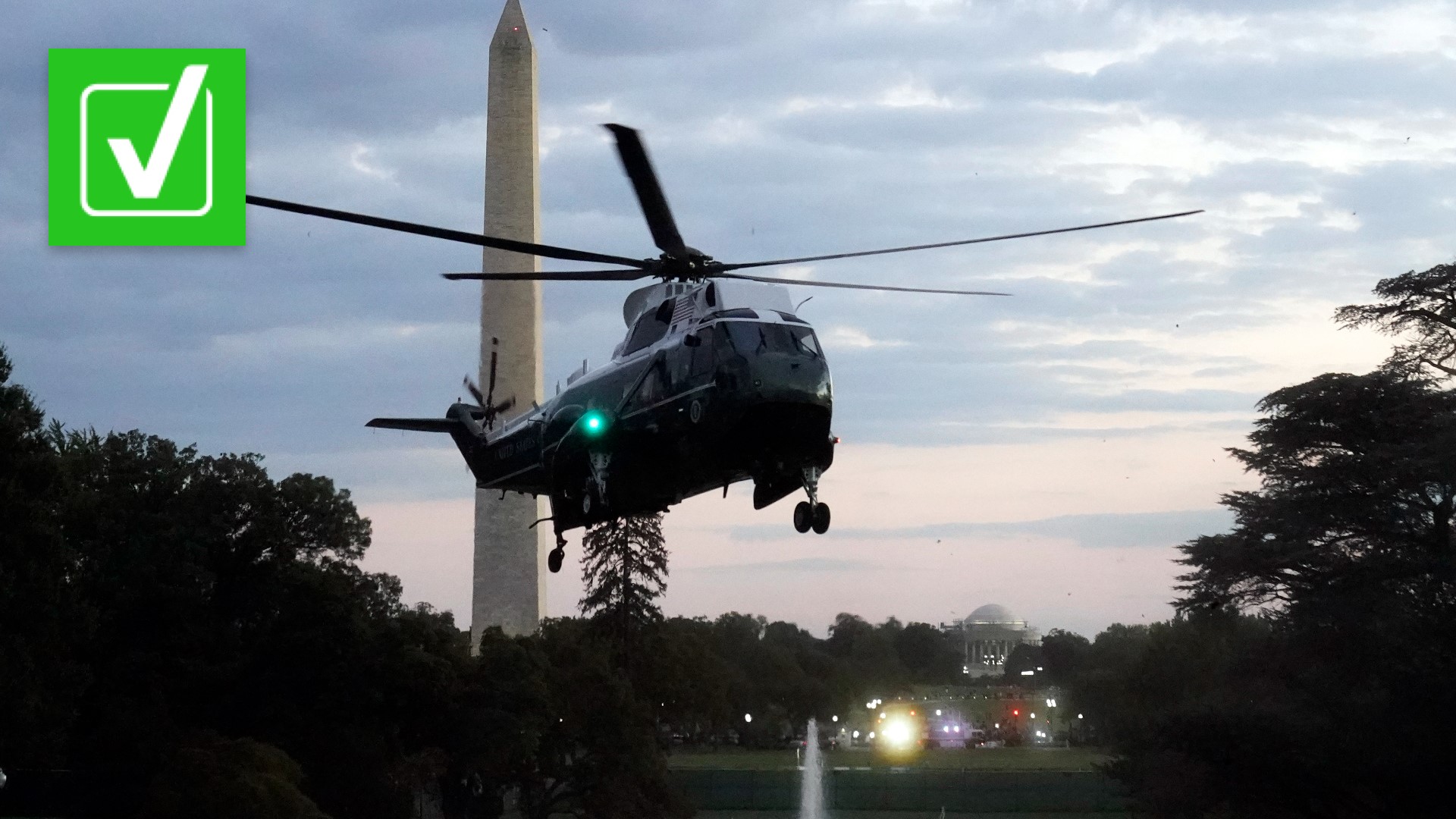The U.S. government pledged Tuesday to strengthen Haiti's National Police as the country struggles with a spike in gang-related violence and a severe shortage of fuel that has deepened an economic crisis.
Todd Robinson, U.S. assistant secretary for the Bureau of International Narcotics and Law Enforcement Affairs, said the U.S. has provided Haiti's police department with 19 of 60 police vehicles promised and will soon hand out a couple hundred sets of protective gear.
He said the U.S. also will work with police to fight gangs and implement community development and violence prevention programs.
"Let's be clear. Haiti faces a number of challenges, but gangs are the greatest threat to citizen stability. The U.S. government takes this threat extremely seriously," Robinson said during a two-day official trip to Haiti, which is still trying to recover from the July 7 presidential assassination and a 7.2 magnitude earthquake that struck the country's southwest region in mid-August and killed more than 2,200 people.
He said the U.S. will work with other government authorities: "But, at the end of the day, it's not going to be the international community that comes to Haiti's rescue. It's going to be Haitians."
Robinson added that the U.S. does not plan to send troops but is working closely with Haiti "to release safely and as quickly as possible" the 16 U.S. citizens and one Canadian who were kidnapped on Oct. 16. The leader of the 400 Mawozo gang who abducted the missionaries with Ohio-based Christian Aid Ministries has demanded $1 million ransom per head.
Hours after Robinson spoke, top government officials in Haiti held a press conference to talk about the widespread lack of fuel blamed on gangs blocking gas distribution terminals. The shortage has affected hospitals, schools, public transportation, phone companies, banks, newspapers, radio stations and others.
"We are working around the clock to solve the gas crisis," said Justice Minister Liszt Quitel. "The crisis is complicated."
On Tuesday, the United Nations Integrated Office in Haiti known as BINUH issued a statement saying it was extremely concerned about the lack of fuel and called on all actors involved to do everything necessary to ensure a steady supply of gasoline.
"The lack of delivery of petroleum products constitutes a serious obstacle to the provision of essential services as well as to the movement of people and goods," it said.
Meanwhile, Defense Minster Enold Joseph said authorities are investigating why 30 fuel tanks dispatched to Haiti's southern region disappeared, noting that he has observed gas being sold on the black market.
Newly appointed Police Chief Frantz Elbé said authorities are aware that trucks carrying goods such as rice, sugar and cement are passing through gang-controlled territory but fuel trucks are not. He said police have a security plan to ensure gas will be delivered, but he did not elaborate.
"We all know that the country is going through a crisis...a political crisis, economic crisis, gangs in the street," he said. "Adding to all that, the police are weakened. ... We worked to sensitize the police to the responsibility they have in this historic moment that this country is going through."
___
Associated Press writer Dánica Coto in San Juan, Puerto Rico contributed.

